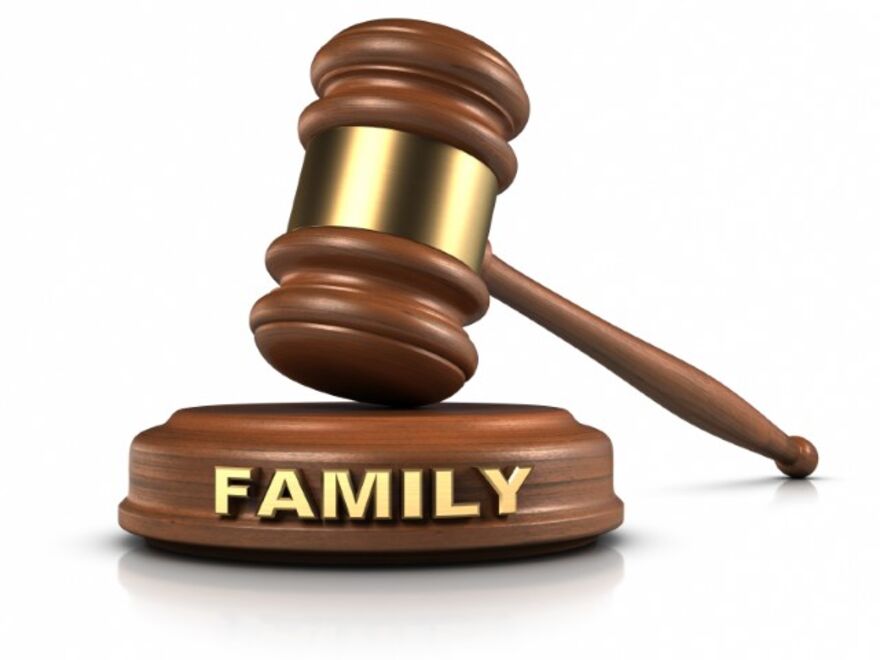Spousal maintenance is a topic which can be hotly debated. Should there be long-term orders; the ‘meal ticket for life’? When should the recipient be expected to be self-sufficient? What level of payment should be made; what are reasonable needs?
The Supreme Court has just decided the case of Mills, allowing the husband’s appeal against a Court of Appeal decision which had increased the amount that he had to pay to his former wife.
The brief background is that Mr & Mrs Mills were married for approximately 15 years, they divorced in 2002. The financial issues were resolved and Mrs Mills received capital which was enough for her to buy a house mortgage free for herself and their son. Mr Mills was also ordered to pay her maintenance as her health made it difficult for her to work.
In the end, Mrs Mills was able to raise a mortgage and so bought a more expensive house than had been anticipated. Over a number of years, she sold her property and bought alternative accommodation each time, buying something more expensive and borrowing more money. When she sold a property, rather than putting all of the money into the next house, she would spend some of it. In 2009 she sold her house and moved to rented accommodation. By 2015 she had run out of capital and had accrued debts.
Initially, the court determined that Mr Mills did not have to pay more maintenance to help Mrs Mills meet her rental costs but the Court of Appeal reversed that decision and increased the maintenance payments to her. The Supreme Court has now said that this was wrong and Mrs Mills’ request for an increase should not have been granted.
The reasoning of the Supreme Court was that Mrs Mills’ housing needs had been provided for in the original capital settlement. To increase maintenance to cover her rent would effectively be rewarding her twice. The impact of any increase was effectively to make Mr Mills ‘pick up the tab’ for her poor financial decisions.
This is good news for those who pay maintenance because it clearly states that they should not be responsible for poor financial decisions by the recipient. Likewise, it is a warning to those who receive capital which is intended to meet housing needs – spend the money wisely because you cannot rely on the other party to bail you out in the future. It is a message about taking responsibility for your actions and decisions.
Mrs Mills was able to make her application seeking assistance with her day to day living needs because there was an on-going maintenance liability for Mr Mills – no clean break had been achieved. Mr Mills continues to pay maintenance and in different circumstances, an application for an upward variation might have been successful. A clean break is the best that you can achieve if you are a potential payer of maintenance. That is not always possible and therefore limiting the term of any order with a bar on extending it is the next best.
Where there is on-going maintenance there is the risk of an upward variation when circumstances change. It is also possible for the recipient to bring a claim for more capital by way of capitalisation of the maintenance payments. It is therefore always wise to seek advice upon any financial settlement that you enter into, particularly where maintenance is considered to ensure that you try and achieve the best terms possible and there aren’t unforeseen consequences in the future.
This case has not brought an end to the long-term maintenance orders and indeed, for some, there are very genuine reasons as to why they should be granted. What it has done is provided a clear focus upon the scope for extending payments and the circumstances relevant to that. It is, therefore, a decision which is welcomed.
For more advice on this issue or any other matters relevant to family law or divorce, please contact Justine Flack on 0116 247 3564 or [javascript protected email address].
_______________________
Mills v. Mills [2018] UK SC38




